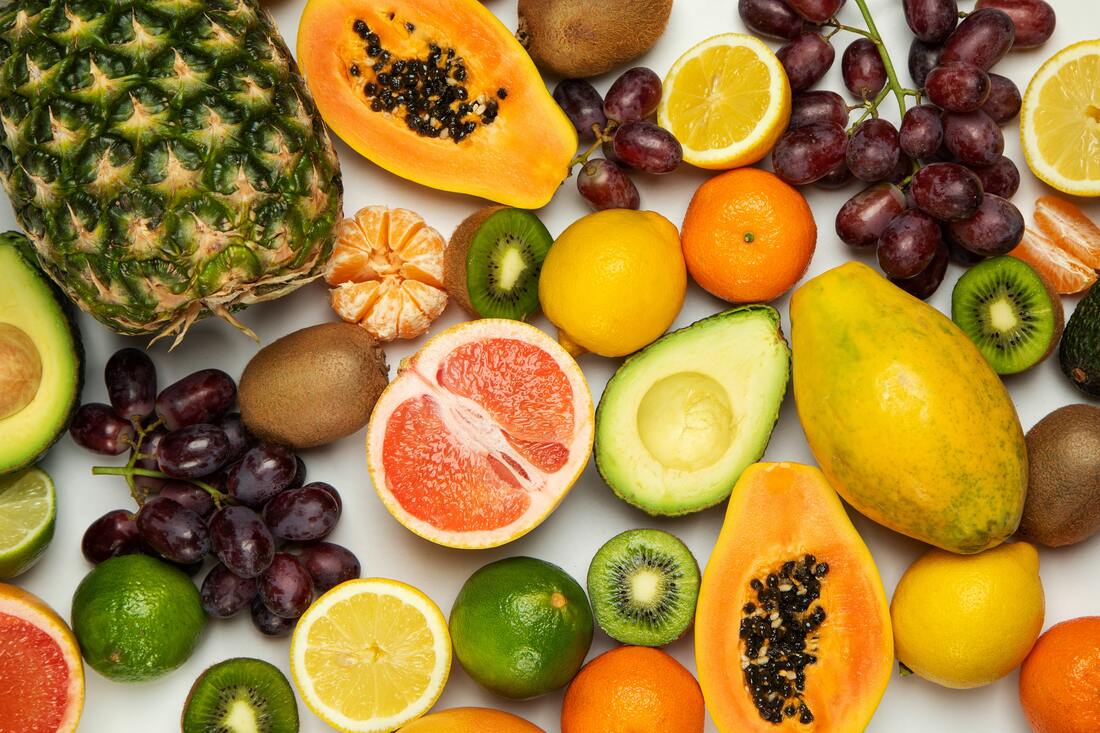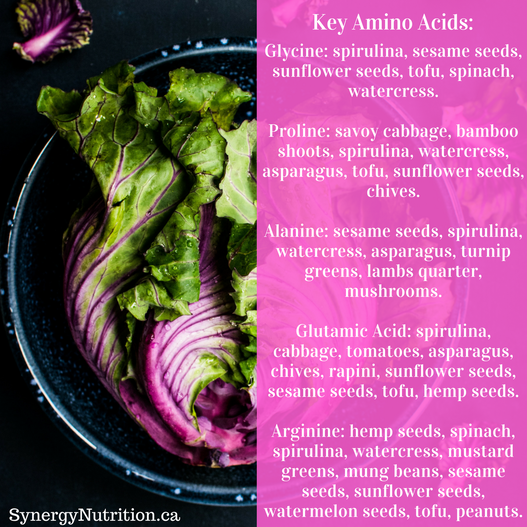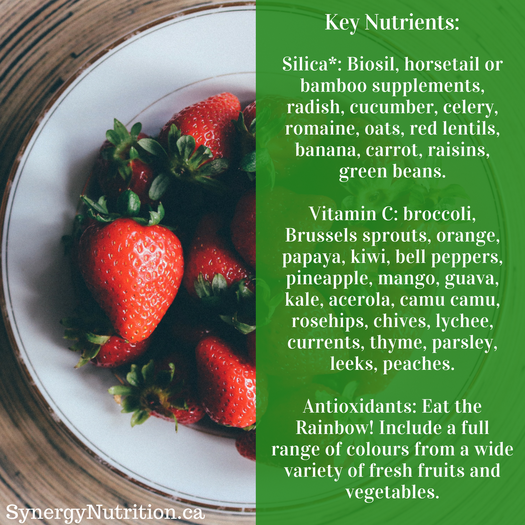Services |
Company |
|
Disclaimer:
The contents of this website are for informational purposes only and do not render medical advice, opinion, diagnosis, or treatment. The information provided through this website should not be used for diagnosing or treating a health problem or disease. It is not a substitute for professional care. If you have or suspect you may have a medical problem, you should consult your appropriate health care provider.
The contents of this website are for informational purposes only and do not render medical advice, opinion, diagnosis, or treatment. The information provided through this website should not be used for diagnosing or treating a health problem or disease. It is not a substitute for professional care. If you have or suspect you may have a medical problem, you should consult your appropriate health care provider.



 RSS Feed
RSS Feed